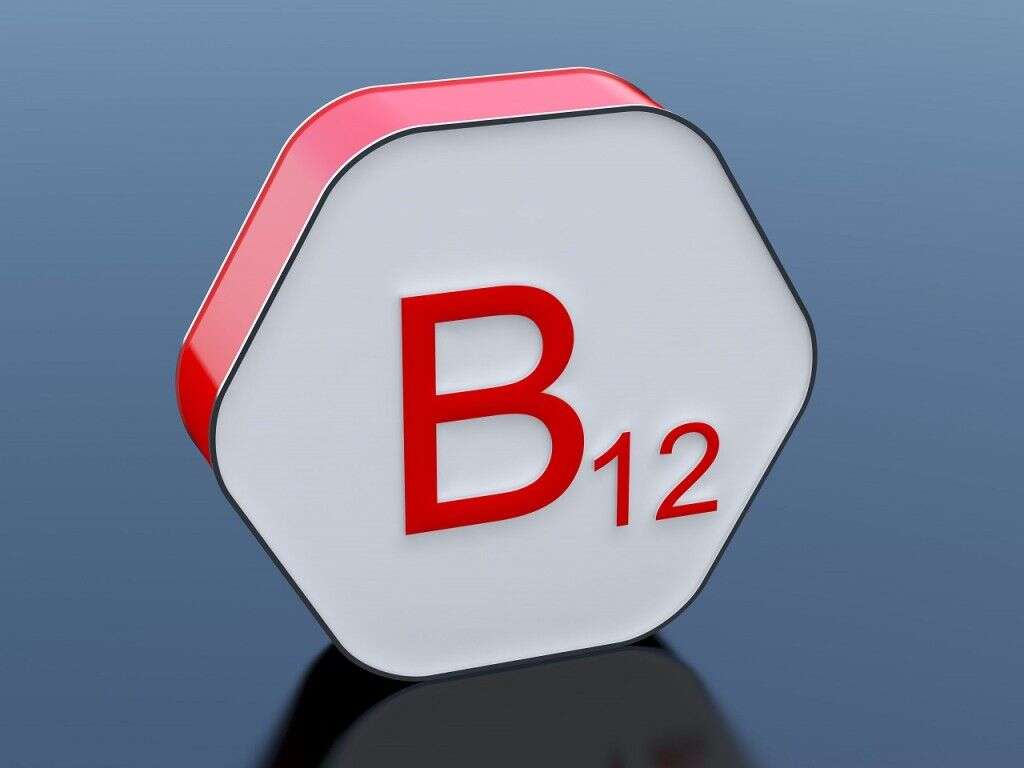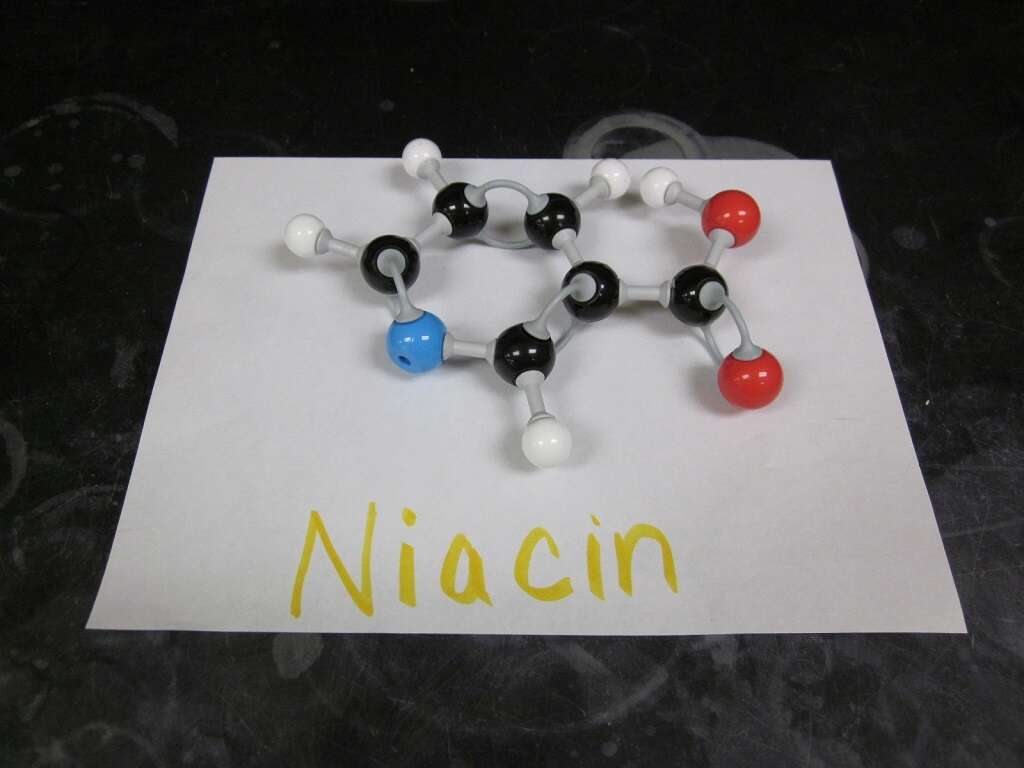Thiamine Deficiency Signs, Symptoms and More
 Article Sources
Article Sources
- 1. Osiezagha, Kenneth C, et al. 'Thiamine Deficiency and Delirium.' Innovations in Clinical Neuroscience, Matrix Medical Communications, Apr. 2013, www.ncbi.nlm.nih.gov/pmc/articles/PMC3659035
- 2. Liu M;Alimov AP;Wang H;Frank JA;Katz W;Xu M;Ke ZJ;Luo J; 'Thiamine Deficiency Induces Anorexia by Inhibiting Hypothalamic AMPK.' Neuroscience, U.S. National Library of Medicine, pubmed.ncbi.nlm.nih.gov/24607345.
- 3. Hammond, Nancy, et al. 'Nutritional Neuropathies.' Neurologic Clinics, U.S. National Library of Medicine, May 2013, www.ncbi.nlm.nih.gov/pmc/articles/PMC4199287
- 4. BL;, Gratton SM;Lam. 'Visual Loss and Optic Nerve Head Swelling in Thiamine Deficiency without Prolonged Dietary Deficiency.' Clinical Ophthalmology (Auckland, N.Z.), U.S. National Library of Medicine, pubmed.ncbi.nlm.nih.gov/24899800
- 5. BL;, Gratton SM;Lam. 'Visual Loss and Optic Nerve Head Swelling in Thiamine Deficiency without Prolonged Dietary Deficiency.' Clinical Ophthalmology (Auckland, N.Z.), U.S. National Library of Medicine, pubmed.ncbi.nlm.nih.gov/24899800
Dizziness
Some people with thiamine deficiency develop an abnormally slow heart rate. This means their heart cannot pump blood effectively enough to support normal day-to-day movement and activity. A slow heart rate can lead to dizziness and lightheadedness, which may increase a person's risk of fainting.
Dizziness is commonly associated with many other conditions and is frequently overlooked as a potential sign of thiamine deficiency. However, if combined with other symptoms, such as blurred vision or pins and needles, it may be a more clear sign.
Advertisement










